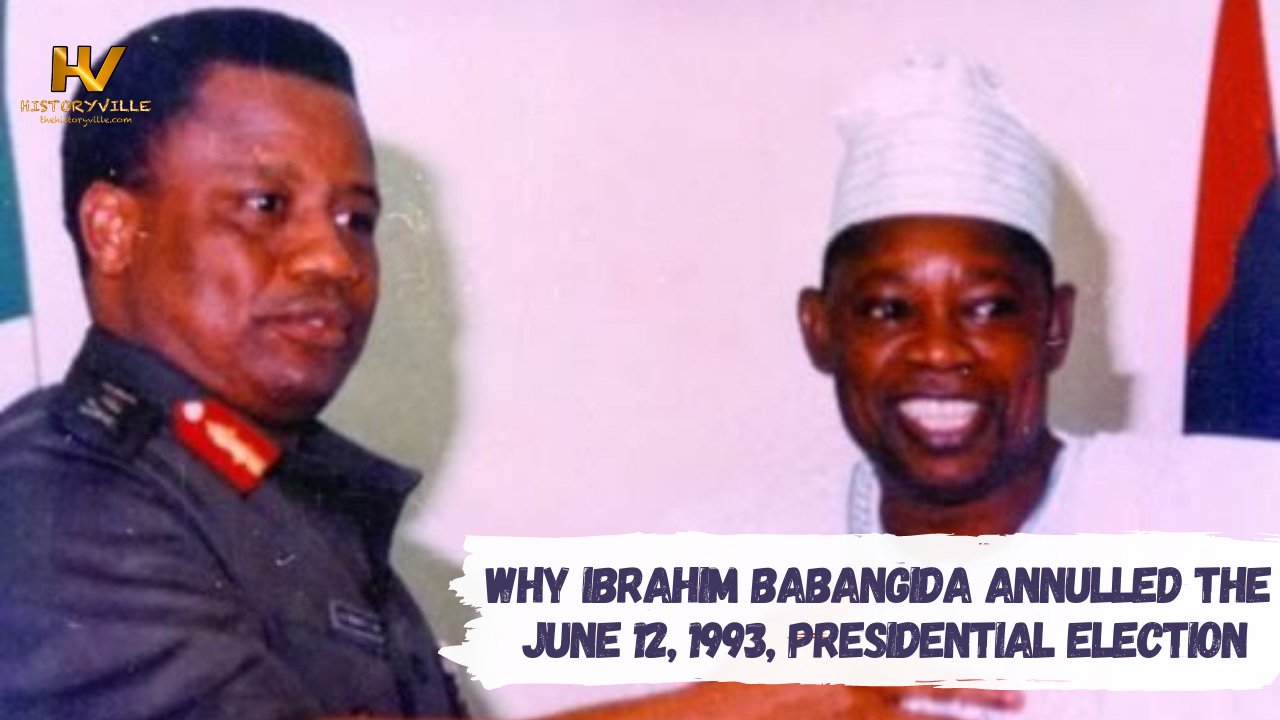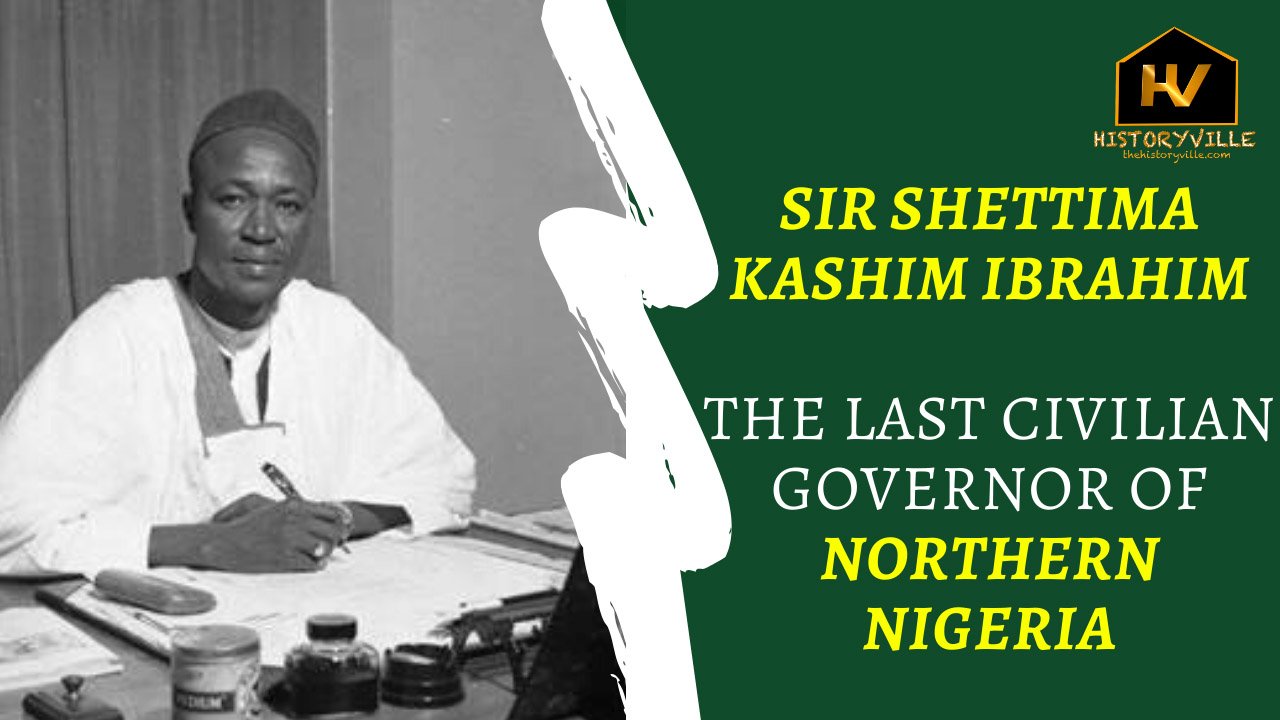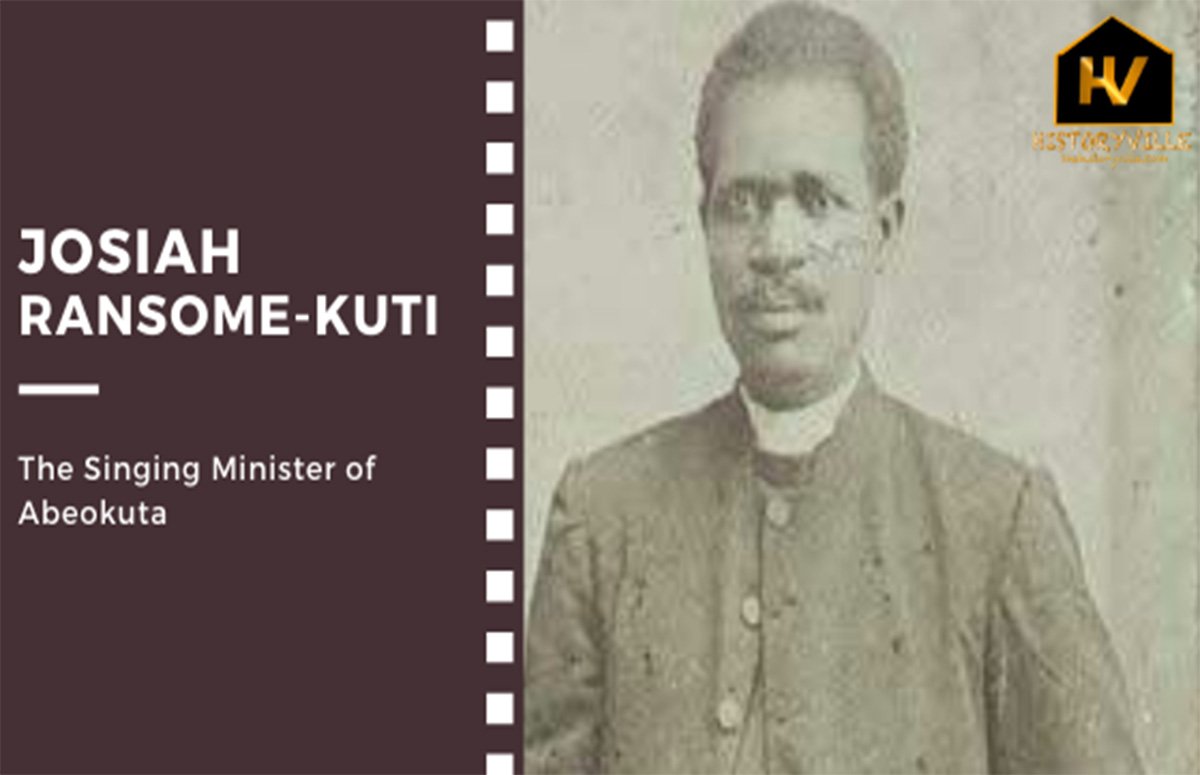No products in the cart.
The June 12, 1993, presidential election represented a break with past traditions of ethnic, religious, and regional conflicts and raised hopes for unifying the nation.
After Abacha's death, Lieutenant-General Abdulsalami Abubakar, Nigeria's Chief of Defence Staff, was sworn in as the country's 11th Head-of-State.
Lagos was the capital city of Nigeria for 77 years until the seat of government was moved to Abuja, which was planned and built specifically for that purpose.
On December 5, 1893, Herbert Macaulay became the first Nigerian to qualify as a civil engineer and a member of the British Institution of Civil Engineers (ICE).
The West African country of Nigeria was never a nation. The country was bought and sold like a commodity by the British at the turn of the 20th century.
Onitsha became part of the British protectorate in 1884 which made the British colonial government and Christian missionaries penetrate most of Igboland...
Abeokuta, the story of the home of the Egba people, started with their liberation from the rulership of the Alaafin of Oyo.
Jonathan Adagogo Green was Nigeria’s first known professional photographer and one of the earliest documented West African photographers.
In January 1967, representatives from the Federal Government of Nigeria and the Eastern Region met in Ghana to agree on what is now known as the Aburi Accord...
In 1912, Lord Frederick Lugard was appointed Governor-General of both Northern and Southern Nigeria with the mandate to unite the two Protectorates.
Ore Green worked in London, before returning in 1917 to Lagos where she first worked as a Midwife at the hospital of Dr. Richard Akinwande Savage (1874-1935).
As military Head of State, General Ibrahim Babangida inherited two nicknames from the Nigerian press: Evil Genius and Maradona.
Kashim Ibrahim was the first and last indigenous civilian governor of the Northern Region of Nigeria until the military coup of January 15, 1966.
Joseph Gomwalk was only 41 years old when he was executed on May 15, 1976, in Lagos, the federal capital.
The April 22, 1990, Gideon Orkar coup led to the speedy movement of the federal capital from Lagos to Abuja in 1991 which would disrupt the Abuja masterplan.
Josiah Ransome-Kuti was also the first Nigerian to release a record album after he recorded many hymns (in the Yoruba language) in gramophone through Zonophone Records, London in 1925.
Although Calabar was the capital of this new Protectorate of Southern Nigeria, most of the colonial, diplomatic activities and high-level official businesses were carried out in Lagos.
Hadiza Oboh was the first and only female pilot of the defunct Nigeria Airways in the 1990s. She was an amazon in, not only, the Nigerian aviation industry but the world at large.
Funmilayo Ransome-Kuti was described in 1947 as the "Lioness of Lisabi” for her leadership and campaign against arbitrary taxation in Abeokuta.
Adegoke Adelabu is often mentioned in Yorùbá and Nigerian history as the author of "penkelemesi", a Yorubanisation of the phrase, "peculiar mess".





















Want to Know More?
Find us on Socials or Contact us and we will get back to you as soon as possible.